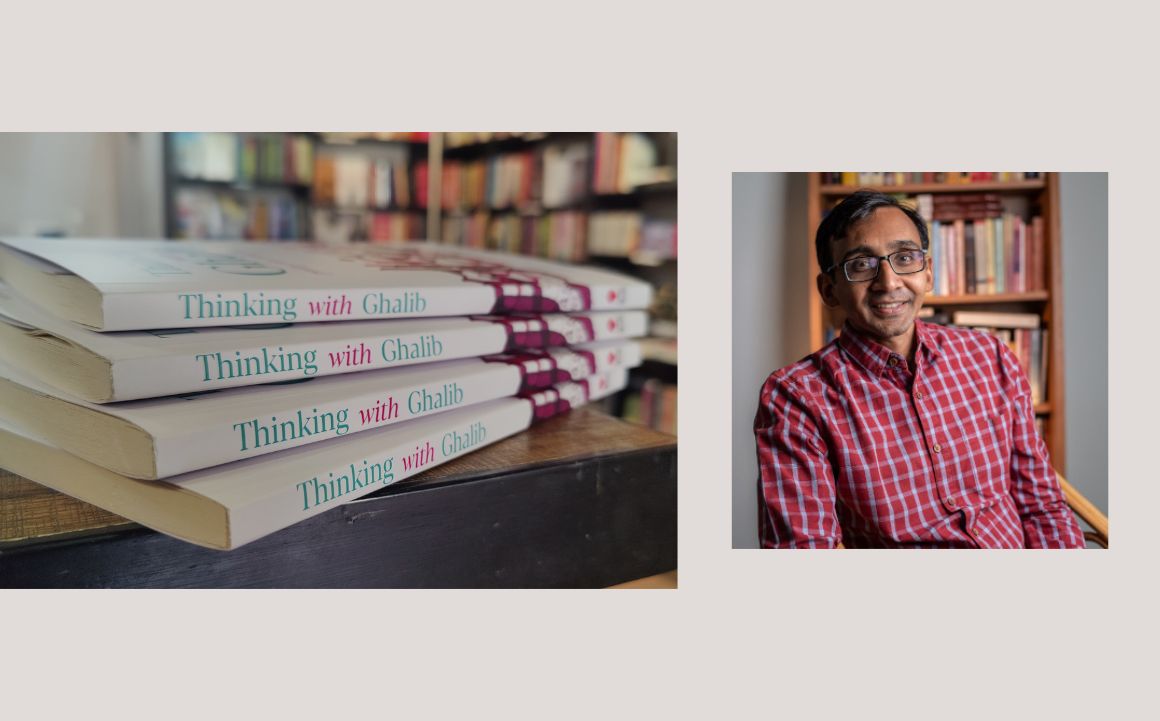We love the fact that Ghalib asks questions and does not give answers. We love it that Ghalib is mischievous, irreverent and outspoken. At the same time, he is so incredibly profound and ahead of his times. He sees our contemporary reality with razor-sharp clarity and it seems can lead us out of our self-inflicted troubles. Right then, just as we are ready to anoint him as the guru, he tells us he’s just another old man we have met on the way; we can chat with him all we want but where we wish to go is for us to figure out.
How do our poets package the most complex concepts in a dozen words, something for which philosophers require pages? Perhaps because they are building on a tradition going back centuries, perhaps because brevity is prized in an oral culture. Whatever the reason, Ghalib has left us with a ready-to-hand treasure house of ideas, subtle and overflowing with wisdom.
Thinking with Ghalib is a tribute to a genius whose philosophical and pedagogical contribution remains greatly under-appreciated. In one of his self-mocking questions, Ghalib asks, mere baghair kaunse kaam band hain? Why should we lament the passing of a frail mortal? The culture of questioning, the self-reflection that is essential to the examined life, and above all how to become an insaan and not remain a mere aadmi. For all this and more, we need Ghalib more than ever.

